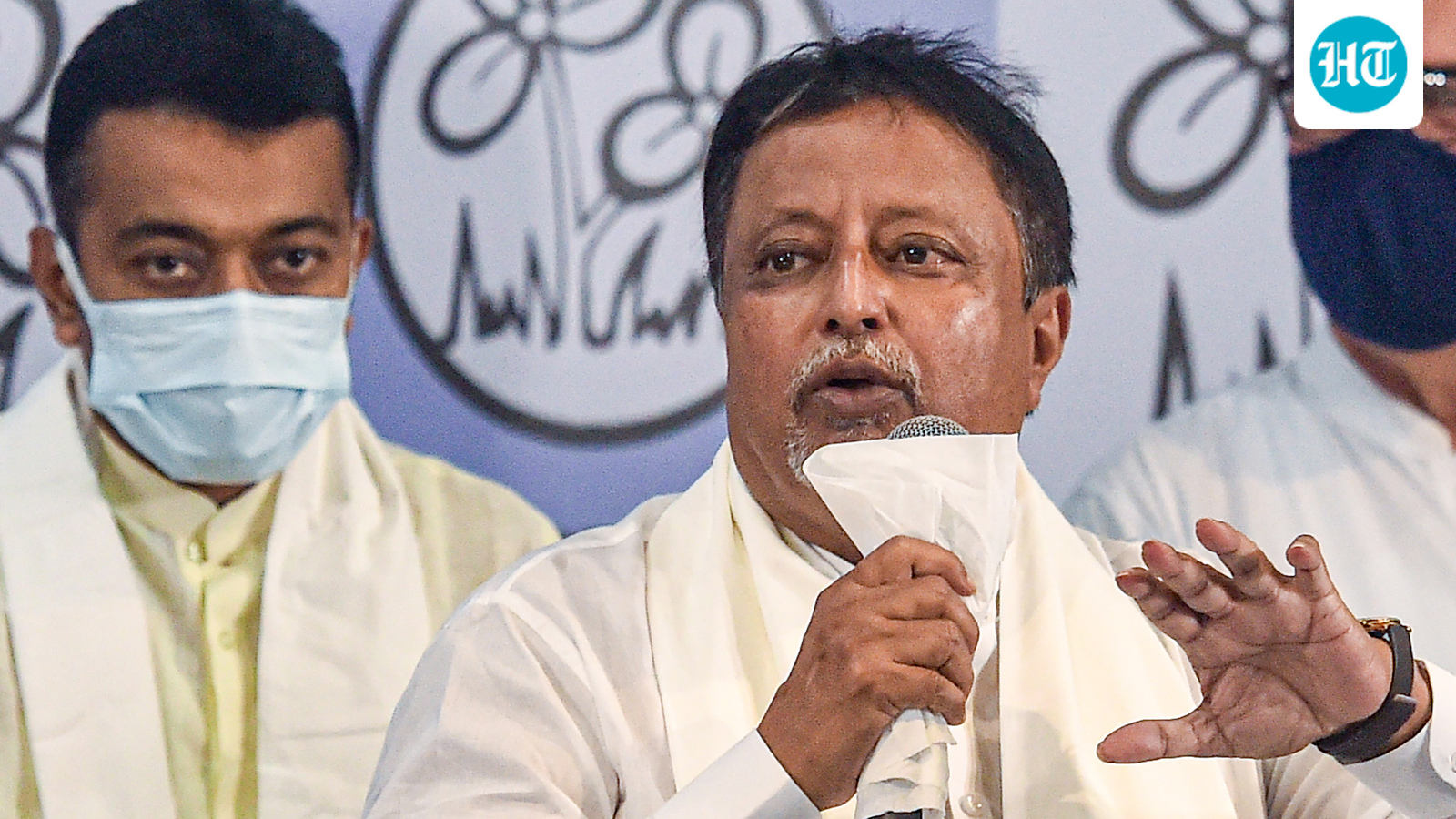Politics
Calcutta HC Disqualifies Mukul Roy from West Bengal Assembly

The Calcutta High Court has officially disqualified senior political leader Mukul Roy from the West Bengal Assembly under the provisions of the anti-defection law. This ruling, issued on December 12, 2023, has significant implications for both political stability and party dynamics in the region.
Mukul Roy, who was previously associated with the Trinamool Congress (TMC), switched his allegiance to the Bharatiya Janata Party (BJP) in 2020. The court’s decision stems from allegations that his defection violated the principles laid out in the anti-defection statute, which aims to prevent political opportunism and maintain the integrity of elected offices.
In its ruling, the court stated that Roy’s shift to the BJP constituted a breach of the law, rendering him ineligible to hold his assembly seat. The judgment has sparked discussions about the impact of such defection on the state’s political landscape and the future of party loyalties.
Roy’s disqualification has raised questions about the TMC’s current strength in the assembly, where maintaining a majority is crucial for the party’s governance. The TMC, led by Chief Minister Mamata Banerjee, has faced challenges in recent years, with several of its leaders defecting to the BJP. This trend has intensified the rivalry between the two parties, particularly in a state where the BJP aims to increase its presence.
Reactions to the court’s decision have varied. Supporters of the ruling argue that it reinforces the need for accountability among public officials. Critics, however, contend that the law can stifle political diversity and limit the choices available to voters. This ruling also highlights the ongoing struggle within West Bengal’s political arena, where shifting allegiances have become increasingly common.
As the political situation evolves, the TMC faces pressure to consolidate its support and respond effectively to challenges posed by the BJP. The implications of Roy’s disqualification will likely resonate beyond the assembly, influencing upcoming elections and party strategies in West Bengal.
Looking ahead, the court’s ruling may prompt further scrutiny of defection practices among lawmakers. It serves as a reminder of the legal frameworks that govern political conduct and the potential consequences for those who violate these regulations.
Overall, the disqualification of Mukul Roy marks a pivotal moment in West Bengal’s political narrative, reflecting broader themes of loyalty, governance, and the complexities of party politics in India. As the situation develops, stakeholders across the spectrum will be closely monitoring the ramifications of this significant legal decision.
-

 World4 months ago
World4 months agoSBI Announces QIP Floor Price at ₹811.05 Per Share
-

 Lifestyle4 months ago
Lifestyle4 months agoCept Unveils ₹3.1 Crore Urban Mobility Plan for Sustainable Growth
-

 Science4 months ago
Science4 months agoNew Blood Group Discovered in South Indian Woman at Rotary Centre
-

 World4 months ago
World4 months agoTorrential Rains Cause Flash Flooding in New York and New Jersey
-

 Sports4 months ago
Sports4 months agoBroad Advocates for Bowling Change Ahead of Final Test Against India
-

 Top Stories4 months ago
Top Stories4 months agoKonkani Cultural Organisation to Host Pearl Jubilee in Abu Dhabi
-

 Science4 months ago
Science4 months agoNothing Headphone 1 Review: A Bold Contender in Audio Design
-

 Top Stories4 months ago
Top Stories4 months agoAir India Crash Investigation Highlights Boeing Fuel Switch Concerns
-

 Sports4 months ago
Sports4 months agoCristian Totti Retires at 19: Pressure of Fame Takes Toll
-

 Business4 months ago
Business4 months agoIndian Stock Market Rebounds: Sensex and Nifty Rise After Four-Day Decline
-

 Politics4 months ago
Politics4 months agoAbandoned Doberman Finds New Home After Journey to Prague
-

 Top Stories4 months ago
Top Stories4 months agoPatna Bank Manager Abhishek Varun Found Dead in Well









